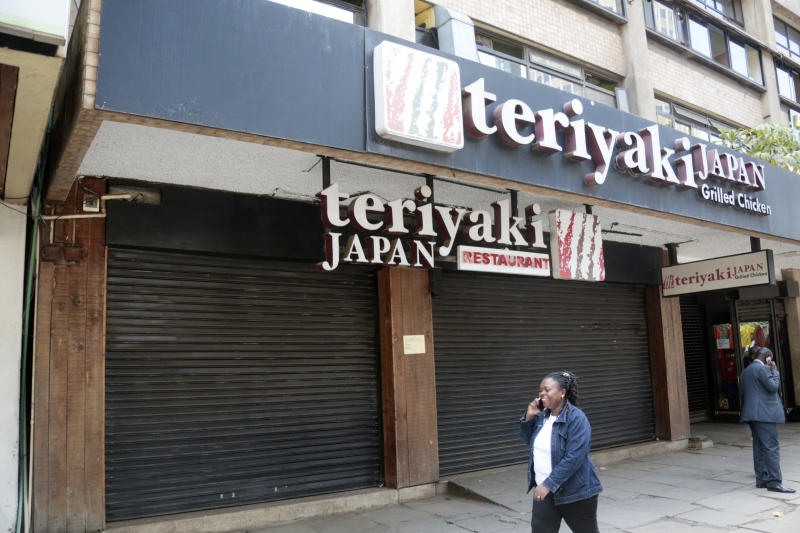×
The Standard e-Paper
Kenya’s Boldest Voice

It is a double blow for the sectors that have missed out on the Government’s stimulus package in the wake of the coronavirus pandemic.
Numerous companies in industries such as aviation, horticulture and hospitality have shut down operations, while others are clutching on straws hoping the State will come to their aid.